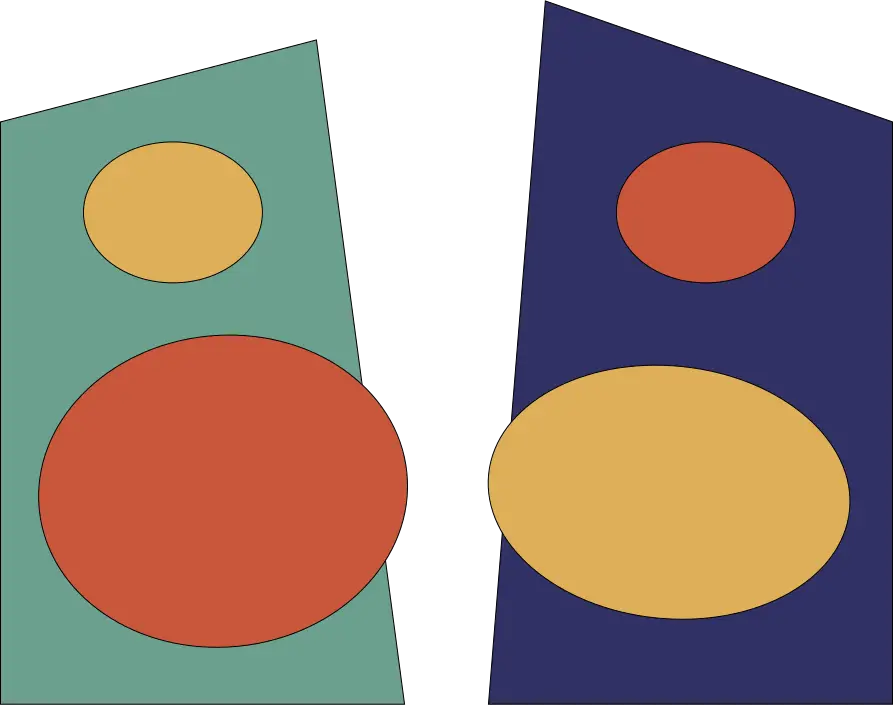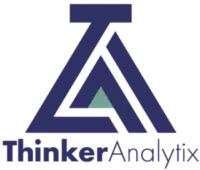Tuesday March 5, 2024 4:00 p.m. ET
Abstract:
Hurray for ThinkerAnalytix’s course, How We Argue! I’m a convert; I require it of all my undergrads. And now what? What should I have students do after they’ve completed the class?
I begin by describing four persistent problems that HWA helps to address. Students tend to be uncritical, uncharitable, undemocratic, and lonely. But even after HWA they struggle to apply their skills to extended argumentative essays. Reading texts of 1000 words or more requires skills that are only implicit in How We Argue. We can help students learn to smoke out of complex essays an author’s main claim, hidden premises, objections, and rebuttals. We can teach them to assess the validity and soundness of the arguments. And we can assist them in gaining the confidence to express their judgments to each other.
A method I’ll call Discover Deduction teaches students to work with their opponents on a common task: discovering valid deductive arguments for an essay’s main claim. A method I’ll call the 10 Box Model gives them a mental template with which to analyze any controversial argument. In this talk I’ll explain both methods, discuss potential shortcomings, and note some preliminary achievements. I conclude by describing a large quasi-randomized trial at NC State University to assess How We Argue’s effectiveness.


